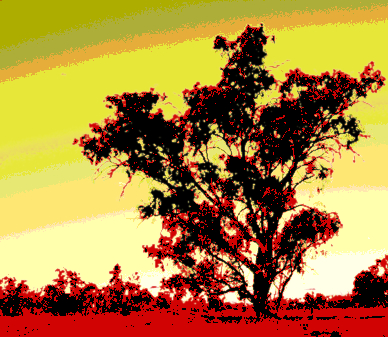Light shone on dark report
 An official report shows Australia’s land and wildlife are being gradually destroyed.
An official report shows Australia’s land and wildlife are being gradually destroyed.
Australia’s state of the environment report was completed by scientists last year but held back by the Morrison government until after the federal election.
It has been revealed this week, and shows the local environment is in poor health, and has deteriorated over the past five years due to pressures of climate change, habitat loss, invasive species, pollution and mining.
Since 2016, the report says 202 animal and plant species have been listed as threatened matters of national environmental significance, with 175 being added to the list between 2011 to 2016.
It also says that the government’s threatened species strategy has improved the trajectories of 21 priority species, but many others have shown no improvements.
The list is expected to increase substantially in coming years as the impact of the catastrophic 2019–20 bushfires - which killed or displaced between 1 billion and 3 billion animals - become clearer.
Australia has the grim distinction of having lost more mammal species than any other continent, and having one of the highest rates of species decline in the developed world.
More than 100 Australian species have been listed as either extinct or extinct in the wild, caused largely by introduced species and habitat destruction and clearing.
The report found inadequate funding has been dedicated to the environment and a lack of coordination across jurisdictions.
Federal environment and water minister, Tanya Plibersek, says it is a “shocking document” that tells “a story of crisis and decline in Australia’s environment, and of a decade of government inaction and wilful ignorance”.
“I won’t be putting my head in the sand,” she said.
“Under Labor, the environment is back on the priority list.”
The lead authors of the report are Dr Ian Cresswell, an environmental scientist at CSIRO, Dr Terri Janke, a leading Indigenous lawyer, and Prof Emma Johnston, a deputy vice-chancellor for research at the University of Sydney.
“In a rapidly changing climate, with declining biodiversity, the general outlook for our environment is deteriorating. The impacts of this will affect us all. It is in our own interest to understand, protect and restore the health of our environment,” they said.
“It is also our responsibility. Our environment has intrinsic value beyond direct human use.”
Ms Plibersek is expected to introduce changes to environment laws, including the creation of a federal Environment Protection Agency, to parliament next year.







 Print
Print